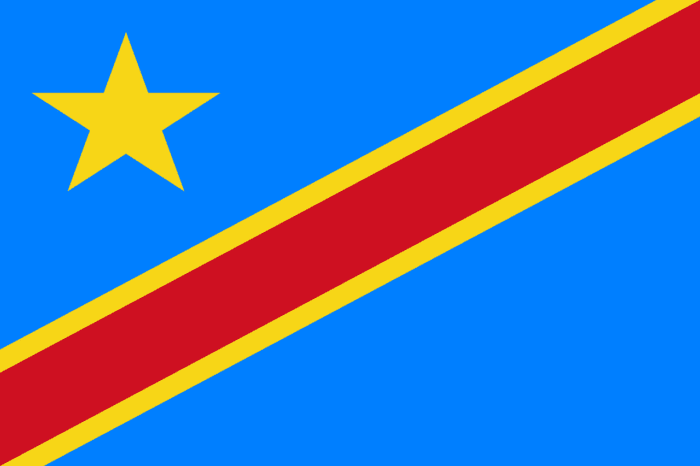
The Republic Democratic of Congo is a country located in Central Africa, known for its abundant natural resources, including minerals such as cobalt, copper, and diamonds. The mining industry in the country is one of the largest in the world, and has been a major source of income for the government as well as a source of employment for many of its citizens. However, the industry has also been plagued by numerous challenges and controversies, including human rights abuses, corruption, and environmental degradation.
The history of mining in the Democratic Republic of Congo dates back to the colonial era, when the country was ruled by the Belgian colonial government. During this time, the country’s resources were exploited for the benefit of the colonial government, and the Congolese people saw very little of the profits generated from the industry. After independence in 1960, the country continued to rely on its minerals for revenue, and the mining sector remained a crucial part of the economy.
One of the biggest challenges facing the mining industry in the Democratic Republic of Congo is corruption. The country ranks 176 out of 180 on the Corruption Perception Index, and the mining sector is particularly prone to corrupt practices. In recent years, there have been several cases of mining companies paying bribes to government officials in exchange for favorable treatment, and the lack of transparency in the sector has made it difficult to tackle corruption effectively.
Another major challenge facing the mining industry in the Democratic Republic of Congo is environmental degradation. The extraction of minerals often involves the use of heavy machinery and chemicals, which can have a devastating impact on the local environment. This has led to widespread deforestation, soil erosion, and water pollution, which in turn has had a negative impact on the health and livelihoods of local communities.
In addition to these challenges, the mining industry in the Democratic Republic of Congo has also been criticized for its impact on human rights. There have been numerous reports of child labor, forced labor, and human rights abuses in the mines, and the government has been accused of turning a blind eye to these practices. The industry has also been linked to armed conflict, as various armed groups have taken control of mines in order to generate revenue and fund their operations.
Despite these challenges, the mining industry in the Democratic Republic of Congo remains a vital part of the country’s economy. The government has made efforts to improve the sector in recent years, including passing new laws to increase transparency and address corruption, and implementing programs to reduce the environmental impact of mining. However, much more needs to be done to address the challenges facing the industry and ensure that the benefits of mining are shared more equitably among the Congolese people.
The mining industry in the Democratic Republic of Congo plays a critical role in the country’s economy, but it is also associated with numerous challenges and controversies. Addressing corruption, environmental degradation, and human rights abuses will be crucial to the sustainable development of the sector and the country as a whole. The government, mining companies, and international organizations must work together to find solutions to these challenges and ensure that the mining industry benefits the people of the Democratic Republic of Congo.